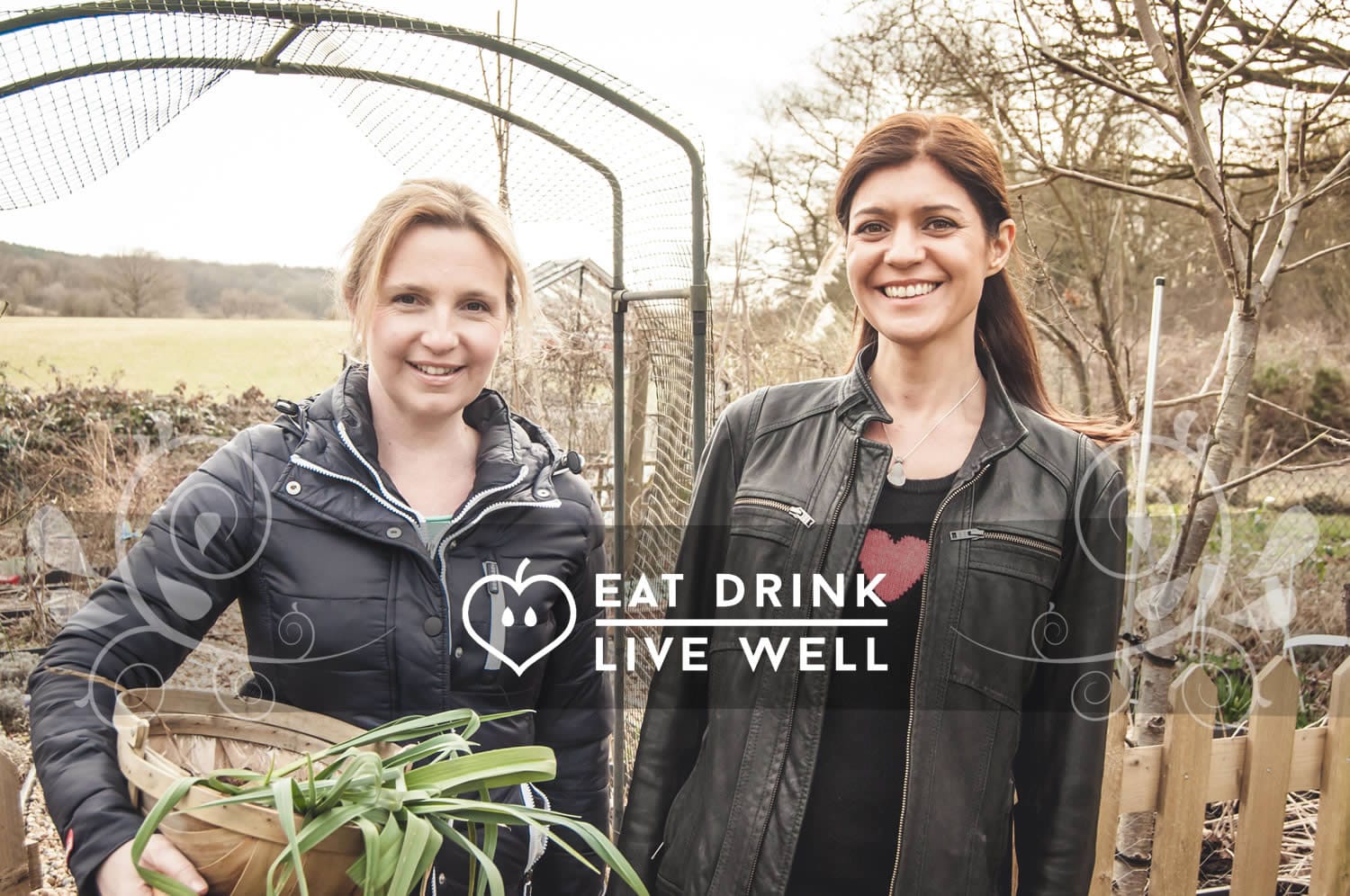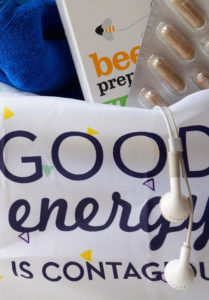
18 Feb Nutritionist’s TOP TIPS to REDUCE Hay Fever Symptoms
Hoping your allergy symptoms will buzz off? Our pals, nutritionists Emma Jamieson & Caroline Sherlock from Eat Drink Live Well, have your back!! See below:
Could your summer cold be hay fever?
We tend to think of hay fever being at its worst in spring and early summer, but our seasons are later than usual and hay fever is a reaction not only to tree pollen but to grasses or nettles – many of which are in full flow throughout the summer. It’s entirely possibly that people who are plagued with ‘summer’ colds are actually instead suffering from hay fever. But could nutrition and hay fever be linked?
The role of nutrition and hay fever symptoms:
Vitamin C for some people may help to lessen symptoms – it’s natural anti-histamine. Fresh oranges are a source of Vitamin C, but there are loads of other foods that are as good, or better, sources of Vitamin C – kiwi, papaya, strawberries, broccoli, kale, peppers and lemon juice to name a few. For an anti-histamine effect you’ll need a good quality vitamin C supplement of at least a gram.
The flavonoid quercetin acts as anti-histamine and we use it for anything allergic – hay fever, asthma and eczema. Quercitin isn’t found in many foods in high quantities (supplements are available) but ones that stand out are apples, onions, sage and parsley.
Dietary-wise, it’s also important to avoid foods that there may be ‘cross reactions’ with. For instance, if your particular hay fever trigger is birch, you may have worse symptoms when you eat apples. If your trigger is grass pollen, you may also find that you react to foods including wheat, rye, barley, oats and tomatoes. So going grain-free over the summer may make a difference. Many people aren’t aware of this – if hay fever is a major problem, it’s worth getting allergy tested to establish which pollen is the issue, as you can then steer clear of the cross-reactive foods in hay fever season which may make your hay fever worse. Contact us if you’d like more information on cross reactions.
Some foods also contain histamine, so skipping these if you’re sneezing madly may be worth a shot. High histamine foods include cheese, red wine, chocolate, sauerkraut and canned/smoked fish (or fish that is not fresh). Strawberries and citrus fruits also can be high in histamine so if you find these affect you, boost your Vitamin C through other fruits, veggies or supplements.
Dairy foods can thicken mucous – so even if you’re not allergic to those, reducing dairy over the hay fever season can make a big difference to nasal congestion.
Supplements for hay fever include:
- Probiotics – a supplement over the spring and summer months can reduce severity of symptoms – over 70% of the immune system is located in our gut.
- We love using BEE Prepared immune support as a general boost for the immune system. It contains a number of natural anti-histamine ingredients, including vitamin C and quercetin plus it acts as a general anti-inflammatory and has immune modulating ingredients such as propolis, elderberry, reishi and astaxanthin which not only help with hay fever systems but help ward off colds and illness too.
- Vitamin D – some of our ‘allergic’ illnesses, including asthma and potentially hay fever have been associated with our generally widespread low levels of this vitamin. Vitamin D levels are easy to test at your GP or with a home test kit.
- Vitamin C and quercetin are also available as supplements as are other anti-inflammatory supplements such as MSM, bromelain and Omega 3 fats.
Everybody’s hay fever trigger and causes are different – which is why having a nutritionist create a personalised nutrition plan just for you may be helpful.
Aside from nutrition, barrier balms may also help. Pollen enters the body through the nose and eyes. Sunglasses are great at lessening the flow to the eyes; for the nose, barrier ointments make perfect sense. There are some great little pots of ointments (such as Haymax) specifically designed for this purpose. They’re worth a try – even if it only reduces the pollen intake by half, that’s still much less for your body to react to.
Ideally any approach to resolving hay fever symptoms needs to be started as early as November, or even year round as your body needs to build up and modulate it’s immunity so that it can deal with the onslaught of triggers when they occur. Following a healthy diet, and supplementing key nutrients can help to balance the immune system over time.
Emma & Caroline x
A few products the team at Unbeelievable Health like:
Probiotics: Optibac
Hay fever balm: Haymax
and of course:
Bee Prepared immune formula Daily Defence & Max Strength




